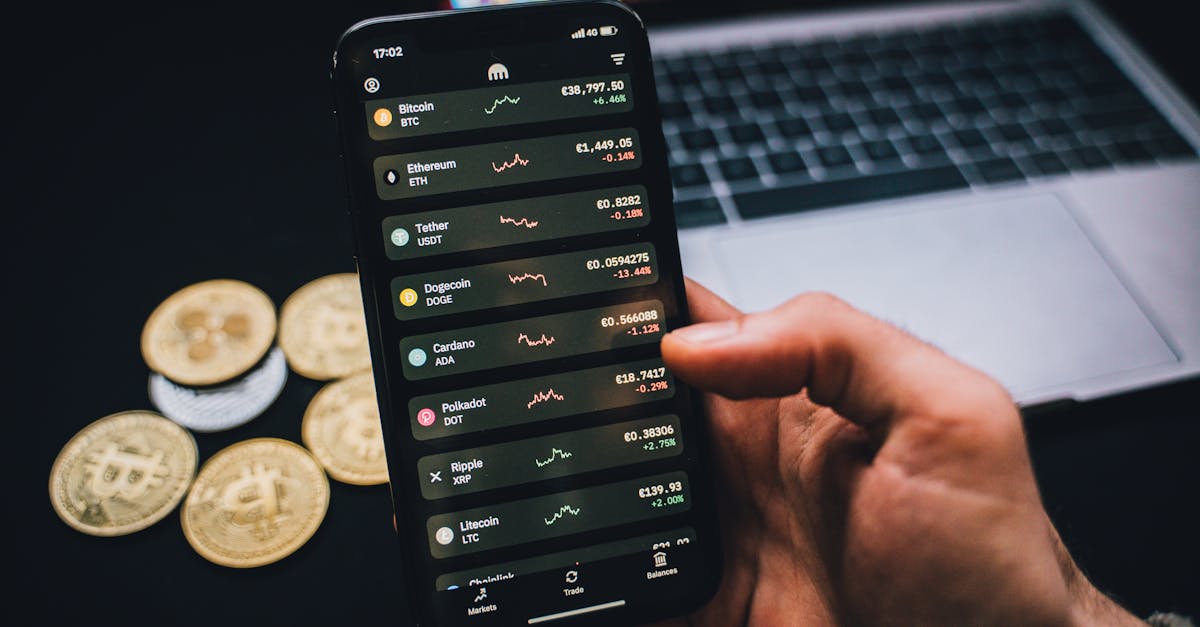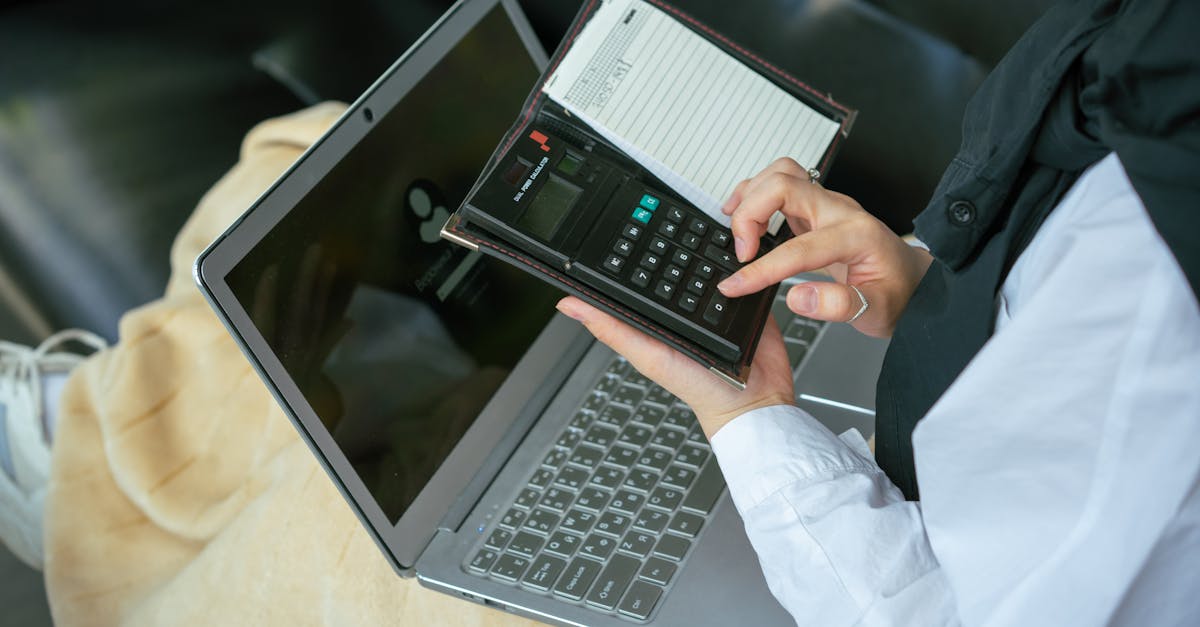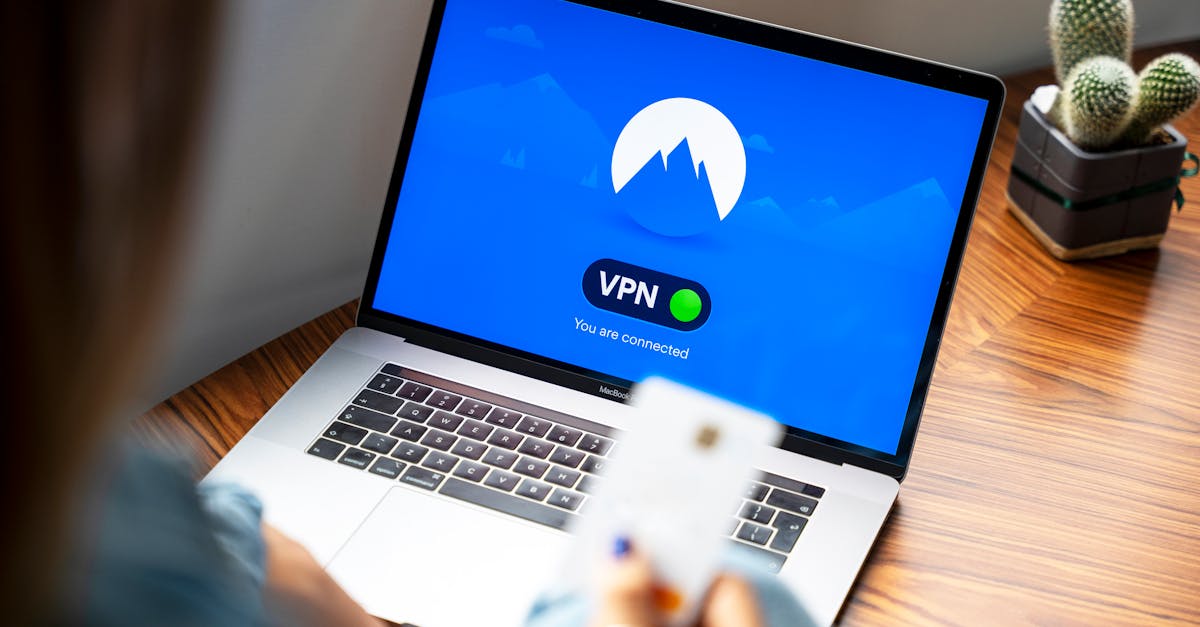How To Use Digital Wallets Securely
Introduction
In today's technology-driven world, digital wallets have become integral to modern commerce. As more people embrace digital transactions for convenience, understanding how to use digital wallets securely is essential. Digital wallets simplify our financial lives, allowing us to make seamless payments without physical cash or cards. However, the proliferation of these electronic payment methods has also introduced potential security risks. Our reliance on digital wallets has made them attractive targets for cybercriminals. Hence, it's imperative to familiarize ourselves with practices that ensure secure usage. This article will provide effective strategies to protect your financial information when using digital wallets.
Advertisement
Understanding Digital Wallets
To use digital wallets securely, it's crucial to understand what they are. A digital wallet, also known as an e-wallet, is a software-based system that securely stores users' payment information and passwords. They typically come in two forms: hardware—like a USB device—and software-based platforms, such as apps on your smartphone. Digital wallets enable users to store different types of data, such as credit card numbers, loyalty cards, and digital coupons. While convenient, it's important to recognize that digital wallets are only as secure as the measures you put in place to protect them. Thus, educating yourself on their functions is the first step to secure usage.

Alesia Kozik/Pexels
Advertisement
Choose the Right Digital Wallet
Selecting the appropriate digital wallet can significantly enhance your financial security. Not all digital wallets are created equal; some have advanced security features that others lack. When choosing a wallet, prioritize those offering strong encryption protocols, biometric authentication, and multi-factor authentication (MFA). These features make it difficult for unauthorized individuals to access your funds. Additionally, research user reviews and ratings to ensure the wallet provider has a solid reputation. Avoid wallets with history or reports of data breaches, as they may compromise your security. By choosing a reliable digital wallet, you reduce the risk of cyber threats that target your financial data.
Advertisement
Set Strong Authentication Methods
Implementing strong authentication methods is one of the cardinal rules for safeguarding your digital wallet. Passwords alone may not be sufficient in today's digital age. Therefore, activate biometric authentication features like fingerprint scanning or facial recognition if available. These options provide a unique layer of security that's harder to replicate. Moreover, utilizing multi-factor authentication (MFA) levels up security by requiring users to verify their identity through several methods, making it challenging for hackers. Regularly updating your passwords and ensuring they are complex—incorporating letters, numbers, and special characters—is another effective way to protect your wallet.
Advertisement
Beware of Phishing Attempts
Phishing is a common cyber threat where attackers trick users into revealing sensitive information. To safeguard your digital wallet from phishing, remain cautious about unsolicited communications, especially emails and messages that prompt you to click suspicious links. These fake links can lead to websites mimicking legitimate services, capturing your login credentials in the process. Always verify the source of communication and navigate directly to official websites rather than clicking on hyperlinks. Likewise, refrain from sharing personal details over phone calls or emails. Being vigilant and skeptical about dubious communications decreases the chances of falling victim to phishing schemes.
Advertisement
Keep Wallet Software Updated
Regularly updating the software on your digital wallet is an essential security practice. App developers frequently release updates to address vulnerabilities, enhance features, and fix bugs. By keeping your wallet app current, you benefit from enhanced protection against emerging threats. Enable automatic updates if the option is available, ensuring your wallet software is always equipped with the latest security protocols. Additionally, updating the operating system on your device helps protect against broader security weaknesses that may indirectly jeopardize your digital wallet. Ensuring all software is current minimizes the risk of information leaks from outdated technology.
Advertisement
Secure Your Devices
Securing the devices that host your digital wallet is paramount to ensuring its safety. Begin by setting strong passwords or PINs for your devices, maintaining a line of defense against unauthorized access. Additionally, utilize built-in device security features such as encryption and remote wipe capabilities, which allow you to erase data if your device is lost or stolen. It's equally important to install dedicated anti-virus software to protect against malware and ransomware. Remember also to disable automatic Wi-Fi connectivity to avoid exposure to insecure networks. A secured device greatly diminishes the risk of exposing sensitive data.
Advertisement
Monitor Account Activity Regularly
Regular account monitoring acts as an early warning system for suspicious activity within your digital wallet. Routinely check transaction history to ensure all transactions are legitimate and match your expenditures. If you notice any irregular or unauthorized transactions, promptly report them to your wallet provider and financial institution. Many digital wallets offer real-time alerts or notifications for transactions, a feature that should be actively utilized. These alerts can swiftly inform you of unauthorized attempts to access your funds, allowing for immediate action. Maintaining vigilance over your account activity empowers you to act decisively against potential fraud.
Advertisement
Adopt a Cautious Approach
The increasing sophistication of cyber threats necessitates a cautious approach to all digital wallet transactions. Remain skeptical of "too good to be true" offers that may appear via email or pop-up ads, as cybercriminals frequently use such tactics to target unsuspecting users. Always conduct thorough research prior to sharing any financial details or engaging in deals over unfamiliar platforms. Furthermore, limit the amount of personal and financial information stored on your digital wallet, retaining only what's necessary. Adopting a cautious mindset strengthens your resilience against scams, protecting your financial well-being and security.
Advertisement
Conclusion
As digital wallets redefine payment processes and financial interactions, securing them is essential to protecting your financial assets. By understanding fundamental security practices—such as choosing the right wallet, setting robust authentication methods, monitoring account activity, and maintaining updated software—you can enjoy the convenience of digital transactions without compromising your safety. Remaining proactive against phishing attempts and ensuring device security further enhances your protection against cyber threats. Adopting a cautious and informed approach significantly reduces risks, safeguarding your assets in the digital space. Embracing these practices empowers you to confidently navigate the digital wallet landscape securely.
Advertisement


